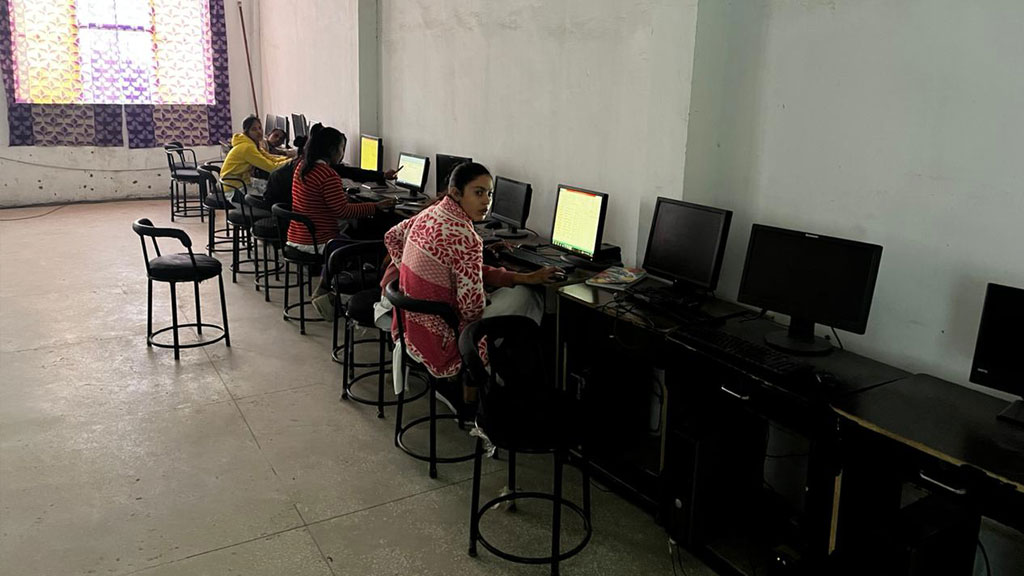Introduction:
Corporate philanthropy plays a crucial role in fostering positive social change, and one area where its impact is particularly profound is in educational skill initiatives. In today’s rapidly evolving global landscape, companies are recognizing the need to contribute to the development of a skilled workforce that can navigate the challenges of the future. This article explores the significance of corporate philanthropy in shaping the future through educational skill initiatives.
The Importance of Educational Skill Initiatives:
Educational skill initiatives are instrumental in addressing the growing demands of a dynamic job market. By investing in education, corporations contribute to the creation of a highly skilled workforce, empowering individuals to adapt to technological advancements and industry changes.
Aligning Corporate Goals with Social Impact:
Successful corporate philanthropy involves aligning business goals with societal needs. Companies can strategically invest in educational skill initiatives that not only benefit the community but also align with their core values and long-term objectives. This synergy creates a sustainable and mutually beneficial relationship between corporations and society.
Empowering Underprivileged Communities:
Educational skill initiatives can be targeted at underprivileged communities, providing them with opportunities to break the cycle of poverty. By offering training programs, scholarships, and mentorship, corporations play a pivotal role in empowering individuals who may not have had access to quality education and skill development.
Technology and Innovation in Education:
Corporate philanthropy can drive technological advancements in education, making learning more accessible and engaging. Initiatives such as providing schools with modern learning tools, supporting online education platforms, and promoting STEM (Science, Technology, Engineering, and Mathematics) education contribute to building a workforce equipped for the digital age.
Partnerships and Collaborations:
Collaborations between corporations, educational institutions, and non-profit organizations enhance the impact of philanthropic efforts. By fostering partnerships, companies can leverage their resources and expertise to create comprehensive educational programs that address specific skill gaps and contribute to the overall development of communities.
Measuring Impact and Sustainability:
Corporate philanthropy in education should be results-oriented, with a focus on measuring the impact of initiatives. Companies can implement robust monitoring and evaluation systems to ensure the effectiveness and sustainability of their educational skill programs, adjusting strategies as needed to achieve long-term success.
Employee Engagement and Volunteerism:
Engaging employees in philanthropic activities related to educational skill initiatives not only enhances the corporate culture but also fosters a sense of pride and purpose among staff members. Companies can encourage employee volunteerism, mentorship programs, or even establish workplace giving initiatives to support educational causes.
Case Studies:
Highlighting successful examples of corporate philanthropy in educational skill initiatives can inspire other companies to follow suit. Case studies can showcase the positive outcomes of such initiatives, emphasizing the transformative impact on individuals, communities, and the workforce.
Conclusion:
Corporate philanthropy in educational skill initiatives is a powerful catalyst for positive change. By investing in education, companies not only contribute to the development of a skilled workforce but also play a vital role in shaping a brighter and more equitable future. Through strategic partnerships, innovation, and a commitment to measuring impact, corporate philanthropy becomes a driving force in building resilient communities and fostering sustainable economic growth.
- By admin

